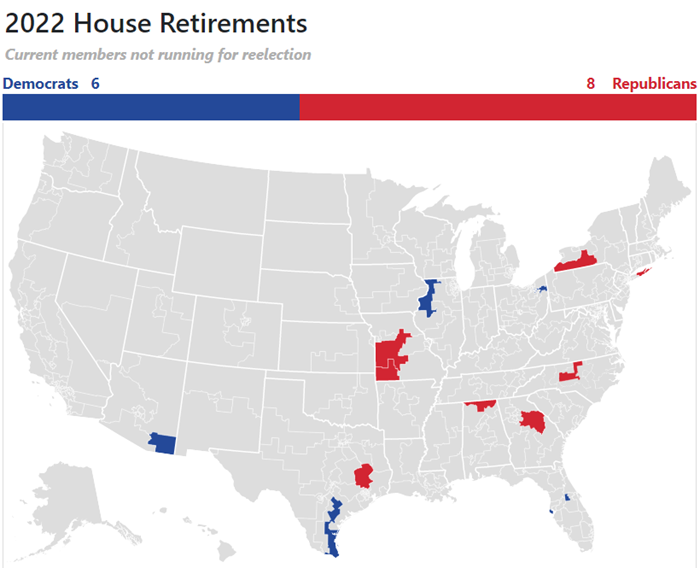St. Petersburg, Florida is the 85th largest city in the United States,1 1City rankings are based on July 1, 2020 Census Bureau population estimates. They are for the city itself, not the associated metropolitan area. with a population of just under 260,000. Tuesday's all-party mayoral primary will select the two candidates that will meet in the November 2 general election, unless one candidate receives a majority of the vote. In that case, that person is elected mayor.
The current mayor is Democrat Rick Kriseman, who is completing his second four year term. He is unable to run due to term limits. There are eight candidates on the ballot. While officially nonpartisan (NPA label in the results table below), five of the candidates are Democrats, two Republican and one is an independent.
St. Pete Polls has conducted a number of polls on the race for FloridaPolitics.com; the most recent of which was released on August 21. Two months ago, four candidates seemed viable. However, subsequent surveys have seen support gravitate toward two of them.



